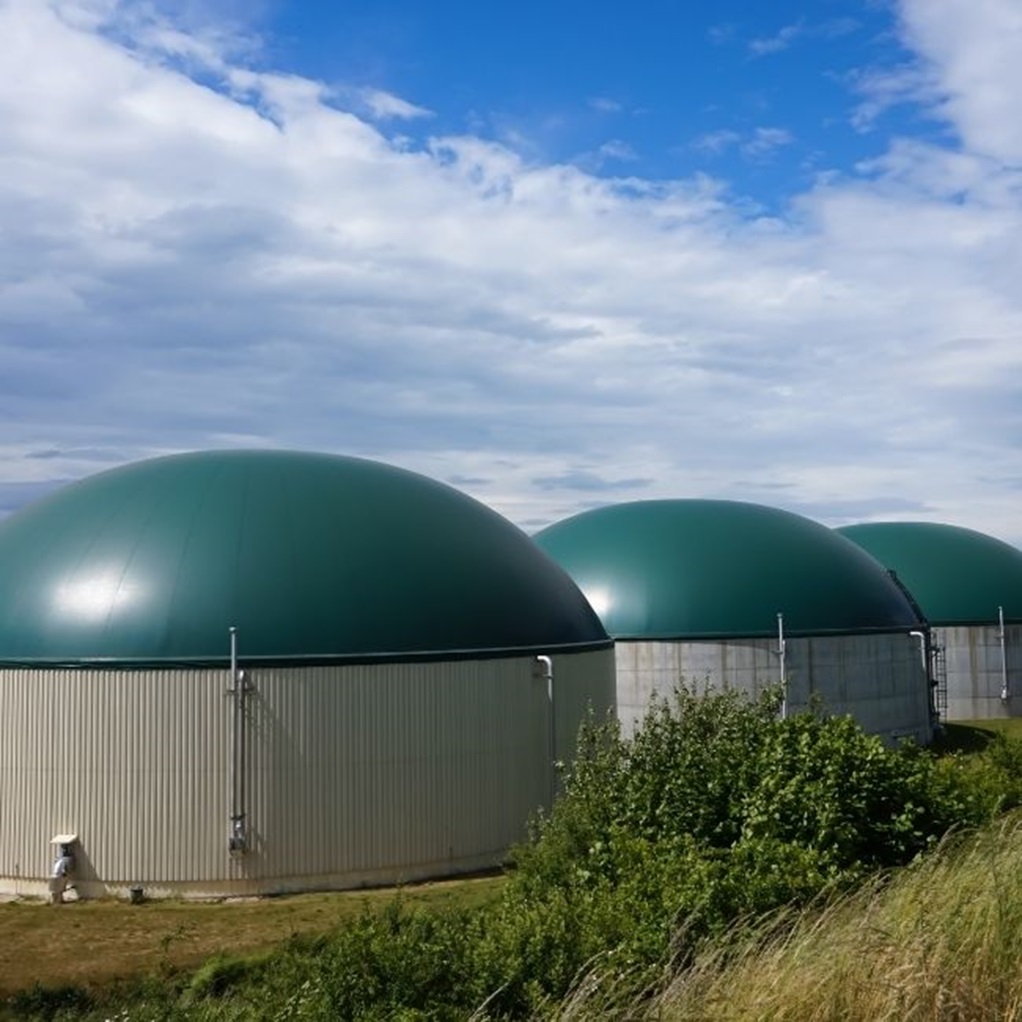A bio-CNG plant is set to come up in Ghazipur to turn wet waste from wholesale markets in the area and residential colonies in the vicinity into clean transportation fuel.
This will be the second such plant, following one at Okhla that is located alongside a previous facility. The Municipal Corporation of Delhi (MCD) approved the signing of an MoU with Indraprastha Gas Limited (IGL).
The project will help in diverting waste that is dumped at the oversaturated Ghazipur landfill. The civic body is expecting the plant to be operational in 18 months, once the MoU is signed.
According to the initial project plan, MCD will provide land and IGL will take over the site and develop the plant on its own. It will be providing a daily supply around 350 tonnes of fresh waste every day. This wet waste will be fed into digesters and converted into compressed natural gas for use as fuel.
The expected production of various components generated after the bio-methanation process of 100 tonnes per day of municipal solid waste would comprise 4,000kg per day of compressed biogas, 15 tonnes per day of city compost, and 50 kilolitres per day of wet slurry. The manure may be utilised by MCD at its nurseries, gardens and green belts at a mutually decided cost, or the operator may be allowed to sell it in the open market after improving its quality.
Delhi Development Authority transferred 10 acresto the corporation for development of a waste processing facility. The project site is located at the rear of this landfill, towards paper market. The land parcel was transferred in July but some documentation work is pending. Meanwhile, we have communicated the development to IGL so that the project can be expedited,” the official said, adding that the MoU is expected to be signed in September.
Of the total area of 12,000 square metres, 11,000 sqm will be used for setting up a biogas plant and 1,000 sqm for an integrated CBG-CNG fuel station. The delayed project is expected to be completed by December.
Indore operates bio-CNG plants to supply fuel to the bus fleet of the city. In 2022, Prime Minister Narendra Modi inaugurated a 550-tonne-per-day-capacity plant worth ₹150 crore at the Devguradia trenching ground, which generates bio-CNG to run a fleet of 150 city buses.




Recent Posts
Report Highlights Pathway for Electrifying Nigeria’s Container Trade Sector
South Korean Company YPP Plans to Invest up to $3.1 Billion in Green Hydrogen Production in Kazakhstan
WattEV Expands Electric Truck Charging Network with Three New Depots in California
Anemoi Develops New Method to Accurately Measure Wind-Assisted Propulsion Benefits
Navigator Holdings and Amon Maritime Form Joint Venture for Ammonia-Fuelled Carrier Fleet
Hygenco Commissions Maharashtra’s First Green Hydrogen and Oxygen Facility to Power STL’s Net Zero Goals
India Invites Second Round of R&D Proposals Under ₹4 Billion Green Hydrogen Mission
BMTC Adds 148 Tata Electric Buses to Bengaluru Fleet, Strengthens Green Mobility Drive